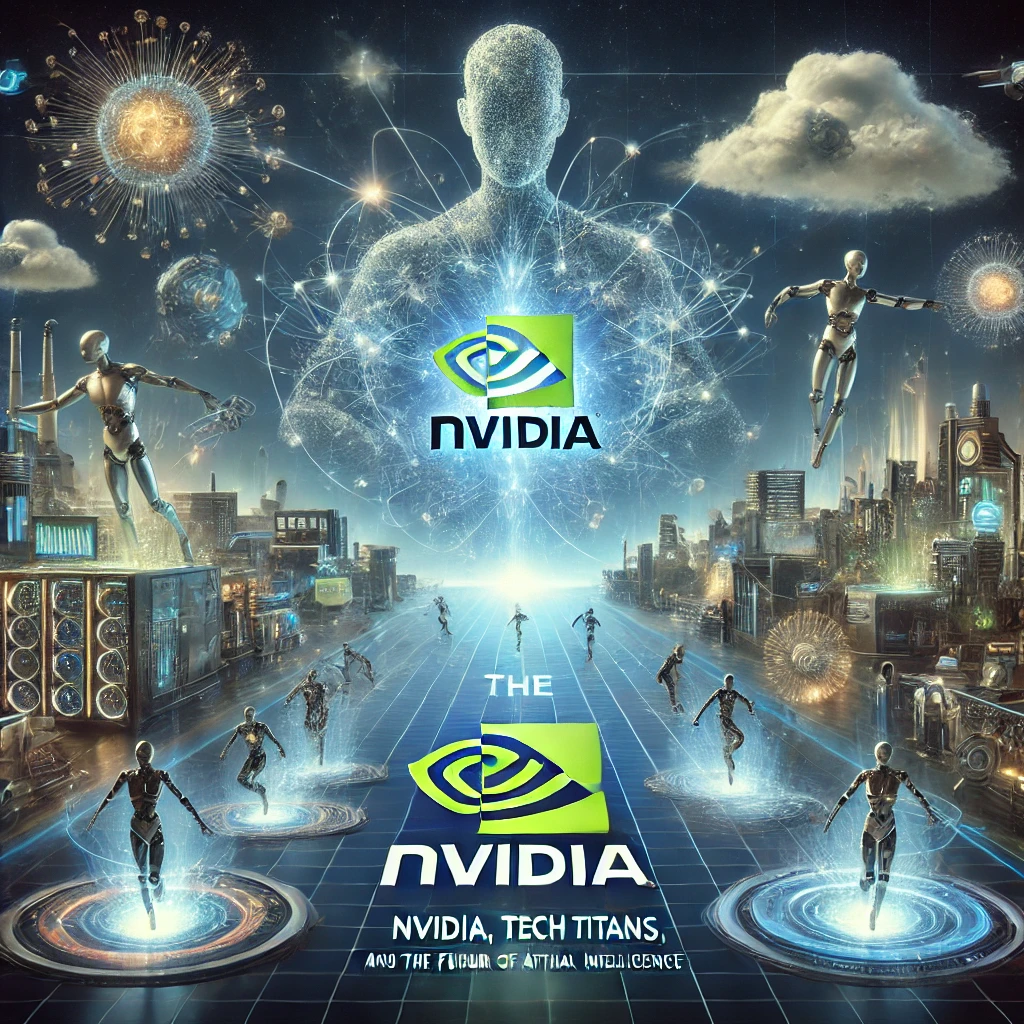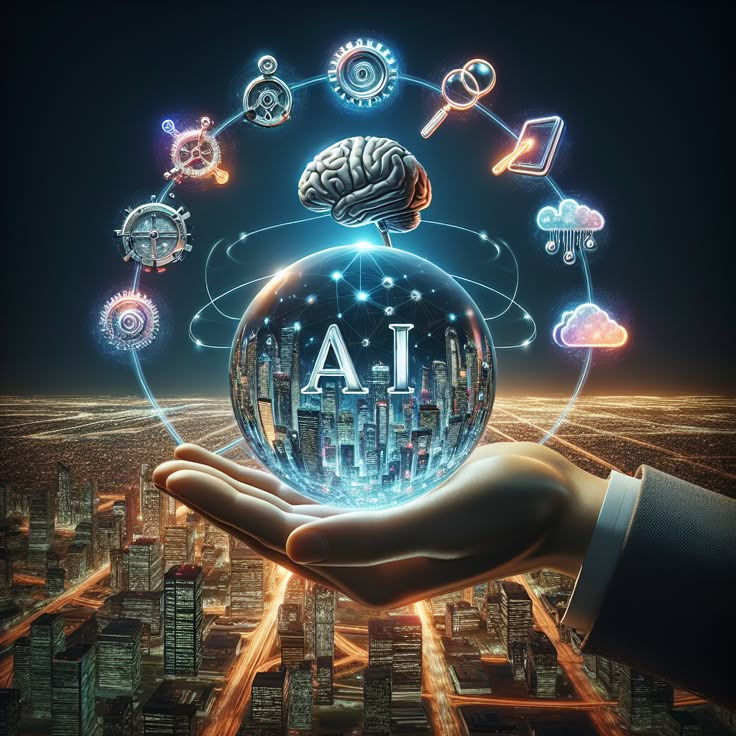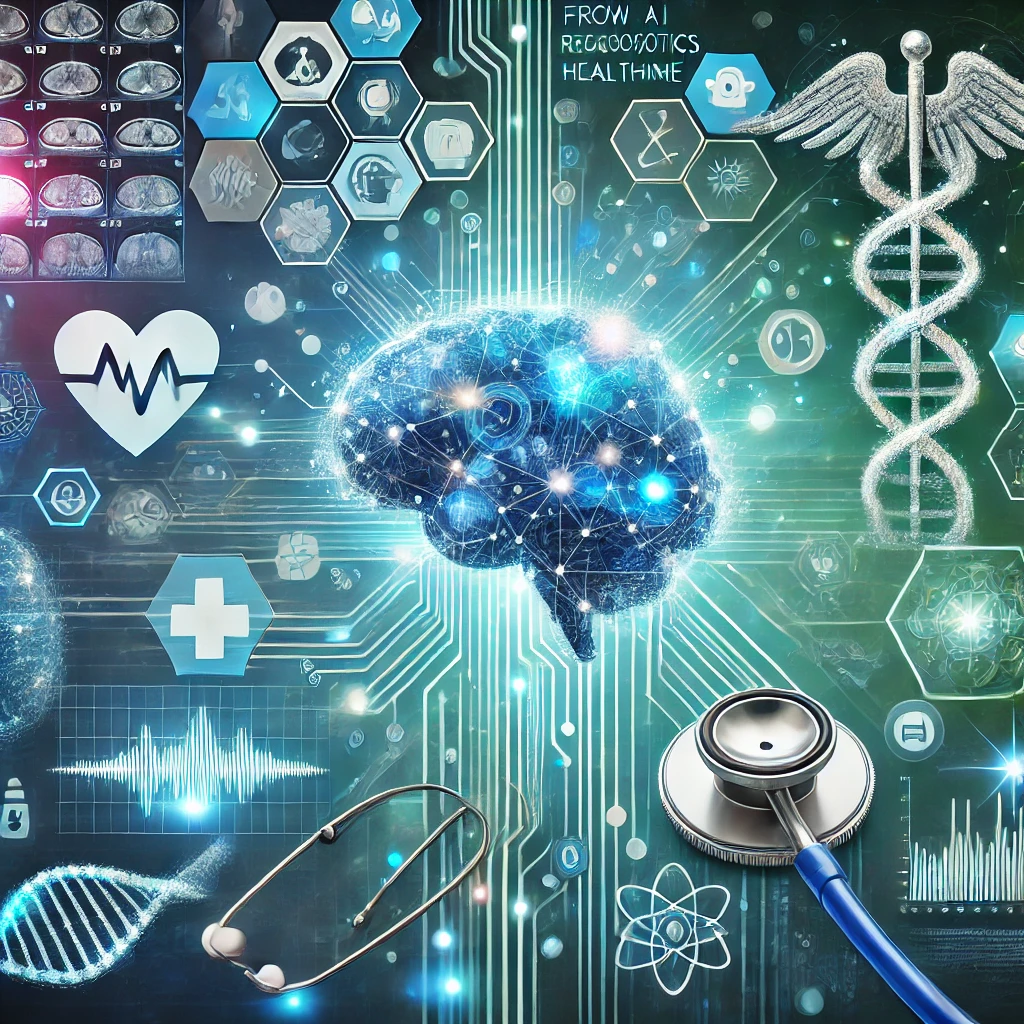
Globally, artificial intelligence (AI) is drastically changing the industrial landscape. AI is becoming a major driver of innovation in a variety of fields, including healthcare and transportation. However, serious concerns regarding its effect on employment are brought up by its rising ubiquity. Does AI provide a threat to employment or does it open up new avenues for professional development? We examine both sides of the argument and its implications for the nature of work in the future in this blog.
The Threat: Job Displacement
Automation and Redundancy
A primary problem regarding AI is automation. AI-powered machines can execute monotonous activities with greater efficiency and precision than humans. Automation has began supplanting human labor in sectors like manufacturing, retail, and customer service.
Key Statistics:
- A report by the World Economic Forum predicts that 85 million jobs may be displaced by 2025 due to automation.
- Sectors such as transportation and logistics are particularly vulnerable, with self-driving vehicles and automated warehouses becoming increasingly viable.
The Skills Gap
AI changes the skills needed in the workforce, not merely replacing employment. The technical capabilities required to transfer into professions created by AI are sometimes lacking among workers. Many people may fall behind in the competition for jobs as a result of this skills gap, which could also increase economic inequality.
The Opportunity: Job Creation and Transformation
New Industries and Roles
AI not only creates new employment but also replaces others. AI technology has directly led to the emergence of entire sectors, like data science, machine learning, and AI development. Higher education is frequently required for these positions, which also pay competitively.
Examples of New Roles:
- AI specialists and engineers
- Data analysts
- Robot maintenance technicians
Enhancing Human Potential
AI can enhance human abilities, allowing employees to do tasks more quickly. AI-powered technologies, for instance, help physicians diagnose illnesses so that more rapid and precise treatment regimens can be developed. AI and humans working together promotes creativity and boosts output.
Preparing for the Future
Upskilling and Reskilling
To leverage the opportunities presented by AI, workers must adapt by acquiring new skills. Governments, educational institutions, and corporations have a role to play in providing training programs focused on AI-related competencies.
Popular Skill Development Areas:
- Programming and coding
- Machine learning algorithms
- Cybersecurity
Policy and Ethical Considerations
Policymakers must address the ethical implications of AI in the job market. This includes establishing guidelines to ensure fair employment practices, prevent discrimination, and provide safety nets for displaced workers.
Conclusion
AI is neither a clear threat nor a surefire chance. It is a strong tool that has the potential to change the job market in many complicated ways. What happens rests on how people in society decide to deal with and accept the changes that AI brings. We can turn possible threats into chances for growth and wealth by putting money into education, encouraging new ideas, and making policies that include everyone.
AI’s impact on the job market is a call to action for governments, businesses, and individuals to collaborate and prepare for an evolving world of work. The question is not whether AI will change jobs, but how we will rise to meet the challenge and harness its potential.




**mindvault**
mindvault is a premium cognitive support formula created for adults 45+. It’s thoughtfully designed to help maintain clear thinking